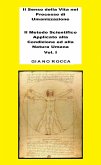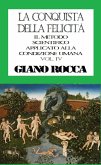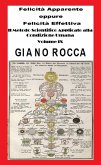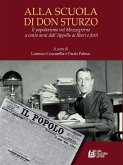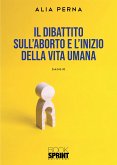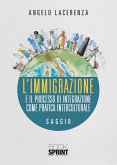Anche alcuni filosofi e teologi cristiani si sono posti il problema di poter considerare il Dio dei cristiani come il "Re del Cielo e della Terra" (come afferma il "Credo"), affermando che il Dio che "interviene nella storia" non possa che essere un Demone, dato il livello di iniquità riscontrabile nella storia, nella realtà sociale, di ogni tempo e luogo, sia pure con diversa intensità di inumanità. Dunque, appare plausibile identificare con Belial: la realtà storica, che si è concretizzata nella realtà statuale, in tutta la sua evoluzione ed in tutti i suoi aspetti.
Ogni individuo, allorché apprenda come gli convenga agire, nella società in cui si trova, non per sua scelta a vivere, ritiene di aver imparato a conoscere il mondo, ed ogni ideologia, religione o dettato morale, gli appare come una grande ipocrisia, di cui tenere conto entro limiti ben definiti, attenendosi però essenzialmente a quell'arte di vita appresa spontaneamente già nei primi mesi di vita. Ogni erudizione, apprendimento scolastico ed insegnamento di "valori", non lo aiuteranno a farsi un'idea precisa del valore della propria esistenza, delle sue finalità e della sua essenza. Sarà solo il suo senso comune a guidarlo: resterà convinto che niente e nessuno possa avere risposte ai quesiti fondamentali, che eventualmente si ponga, su sé stesso e sull'essenza della società. La disillusione degli uomini del nostro tempo li pone in uno stato di apatia e di sfiducia in ogni teoria, concezione o proposta di analizzare compiutamente, con qualsiasi metodo, la propria essenza e quella della società in cui vive, di cui ritiene di essere un elemento costitutivo, più o meno importante.
Le religioni, come tutte le tipologie di ideologie, non possono essere in grado di analizzare (né se lo pongono come obiettivo principale) la realtà sociale e storica, poiché il loro compito è quello di giustificarla e legittimarla, anche quando la identifichino col "principe delle tenebre", almeno perché mantengono viva la speranza di una palingenesi salvifica. Questo compito può essere svolto solo da che si liberi da ogni pregiudizio ed analizzi la realtà con ipotesi, la cui validità possa essere comprovata, o smentita, dal confronto con la realtà stessa. Solo la costruzione di una autentica scienza della società, e della realtà storica, può consentire di porre le basi di un valido progetto di un nuovo tipo di relazioni inter-individuali e sociali.
Dieser Download kann aus rechtlichen Gründen nur mit Rechnungsadresse in A, B, CY, CZ, D, DK, EW, E, FIN, F, GR, H, IRL, I, LT, L, LR, M, NL, PL, P, R, S, SLO, SK ausgeliefert werden.



